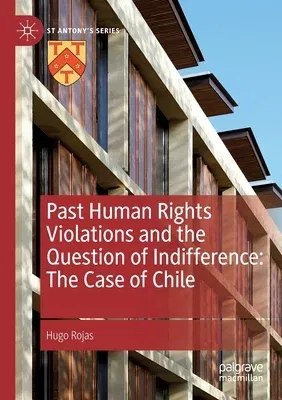Hugo Rojas
(Author)Past Human Rights Violations and the Question of Indifference: The Case of Chile (2022)Paperback - 2022, 15 December 2022

Qty
1
Turbo
Ships in 2 - 3 days
In Stock
Free Delivery
Cash on Delivery
15 Days
Free Returns
Secure Checkout

Part of Series
St Antony's
Print Length
203 pages
Language
English
Publisher
Palgrave MacMillan
Date Published
15 Dec 2022
ISBN-10
3030881725
ISBN-13
9783030881726
Description
Product Details
Author:
Book Edition:
2022
Book Format:
Paperback
Country of Origin:
NL
Date Published:
15 December 2022
Dimensions:
21.01 x
14.81 x
1.3 cm
ISBN-10:
3030881725
ISBN-13:
9783030881726
Language:
English
Location:
Cham
Pages:
203
Publisher:
Series:
Weight:
299.37 gm